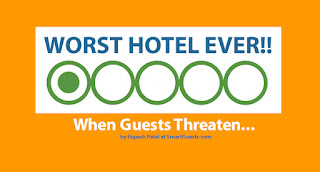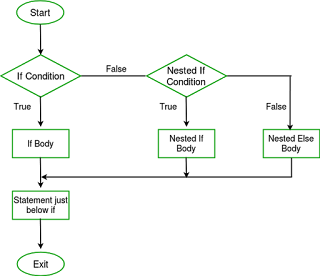Bias and Trauma
I have been exploring the research and concepts that bias and trauma are deeply linked. The linkage and directionality are much debated. Trauma creates bias, and equally, bias creates trauma. It would appear that either can be a starting point, but they definitely feed each other, creating complex positive (healing) and negative (detrimental) feedback loops which extend beyond the individual and their immediate relationships to wider society. Using systems-mapping to address Adverse Childhood Experiences (ACEs) and trauma: A qualitative study of stakeholder experiences https://journals.plos.org/plosone/article?id=10.1371/journal.pone.0273361 Why does this matter, as all data has a bias? Fundamental to a decision-making role based on data is to demand that we recognise bias and try to remove bias; however, I am now thinking that if we remove the bias, we assume there is no trauma, and therefore, everyone will be rational. Yes, there...


